Human-wildlife conflict is a shockingly common problem, often with enormous consequences for both individual animals and entire populations.
When human-wildlife conflict comes to mind, you may immediately think of wildlife crime instead - which isn't wrong, since many regions with wildlife crime problems like poaching are also areas where people may frequently deal with human-wildlife conflict, causing the two issues to go hand-in-hand. But human-wildlife conflict is a much broader issue encompassing many ways that human presence and interference can cause problems for us and animals alike. Human-wildlife conflict includes:
- Elephants trampling a farmer's crops, resulting in retaliation
- New real estate developments infringing on ecosystems where predator species live, leading to predators having less territory and less food, which in turn leads to predators attacking domestic animals and livestock
- Freeways dividing the territory of animals like mountain lions, leading to wildlife venturing into neighborhoods or being killed by cars
- Lead bullets used in hunting causing scavengers like condors to die of lead poisoning
These are just a few examples of how humans can negatively impact wildlife, and it's clear to see how many of these scenarios could escalate. Human-wildlife conflict solutions don't just include ways in which we can prevent these issues (for example, through tracking predators, monitoring populations' territories, or building barriers and wildlife crossings monitored by sensors), but also the ways in which we can help people connect with wildlife and care about learning to live alongside them.
If you're interested in solutions that can prevent human-wildlife conflict, join this group and get to know the people who are working to protect and save species around the world!
Header image: Casey Allen on Unsplash
Movement ecologist using conservation technology to study the behaviors of animals in the wild and understand how they cope with change to most effectively address conservation- and conflict-related issues.


- 0 Resources
- 9 Discussions
- 11 Groups
- @emcandler
- | she/her
- 0 Resources
- 0 Discussions
- 6 Groups
- @ahmedjunaid
- | He/His
Zoologist, Ecologist, Herpetologist, Conservation Biologist





- 63 Resources
- 7 Discussions
- 26 Groups
R & D Tech | Industrial Designer | Wildlife Management Technology



- 0 Resources
- 91 Discussions
- 6 Groups
- @Britneecheney
- | her/she
My name is Britnee Cheney. I am a keeper and trainer for three North American River Otters at an aquarium in Utah. I have recently started a conservation program for this species in the wild and am looking for resources and mentors to help me with my camera trapping.


- 0 Resources
- 13 Discussions
- 8 Groups
- @Robincrocs
- | He/Him//El//Ele
Wildlife biologist, works with Caimans and Crocodiles
- 0 Resources
- 0 Discussions
- 15 Groups
- @StephODonnell
- | She / Her



- 193 Resources
- 676 Discussions
- 32 Groups
2023 Bachelor Degree Graduate from the College of African Wildlife Management, Mweka.

- 0 Resources
- 3 Discussions
- 14 Groups
Paul Millhouser GIS Consulting
- 0 Resources
- 5 Discussions
- 4 Groups
- @Rob_Appleby
- | He/him
Wild Spy
Whilst I love everything about WILDLABS and the conservation tech community I am mostly here for the badges!!





- 1 Resources
- 315 Discussions
- 11 Groups
- @bluevalhalla
- | he/him
BearID Project & Arm
Developing AI and IoT for wildlife





- 0 Resources
- 45 Discussions
- 8 Groups
- @Phil_HWS
- | Virtual Fencing
Innovations with Wildlife Fencing to mitigate Human Wildlife Conflict
- 0 Resources
- 4 Discussions
- 2 Groups
Fueled by Artificial Intelligence, Wildlife Insights provides access to over 4.5 million camera trap records.
17 December 2019
The International Gorilla Conservation Programme (IGCP), a coalition of World Wildlife Fund and Fauna & Flora International, has teamed up with Inmarsat, the world’s leading mobile satellite communications company,...
23 July 2019
It is common knowledge that the illegal trade in tiger bones and body parts poses a grave threat to the remaining populations of Asia’s most iconic big cat. But this grisly business also has a detrimental impact on...
31 May 2019
Ol Pejeta Conservancy partners with conservation and technology organisations to kick-start a research and innovation centre for wildlife conservation
31 May 2019
As a winner of the Human Wildlife Conflict Tech Challenge, Smart Parks is working in partnership with the World Wide Fund for Nature (WWF) and WILDLABS to develop a smart solution that uses the power of the Internet of...
25 March 2019
Arribada recently returned from field sites in Assam, India where they tested the image quality and detection abilities of low-cost thermal sensors for detecting elephants in conflict areas. Arribada is working on these...
1 March 2019
Each year Tusk honours extraordinary individuals battling on the frontline in the fight for wildlife conservation in Africa. Nominate your 2019 Conservation Heroes now.
12 February 2019
With the aim of advancing rewildling-related technology in the UK and introducing new talent and ideas into the field of rewildling, Ecosulis is thrilled to announce the launch of their first ever Rewilding Tech...
14 January 2019
Arribada just returned from their first thermal camera field trials in Greenland, where they tested the image quality and detection abilities of their chosen thermal sensors in an arctic climate, assessed their...
9 January 2019
A recent online video of a baby bear's efforts to scale a steep cliff took what seemed like an inspirational moment viral. But after the initial enthusiasm for the video came some controversy when scientists pointed out...
22 November 2018
In this case study, Katarzyna Nowak writes about her work with the Southern Tanzania Elephant Project (STEP) trialing beehive fences as human-elephant conflict mitigation tools. Earlier this year the research team...
27 August 2018
The understanding of the interplay of movement, behaviour and physiology that biologging offers has applied relevance for a range of fields, including evolutionary ecology, wildlife conservation and behavioural ecology...
30 July 2018
June 2025
event
July 2025
October 2025
event
February 2025
event
January 2025
event
32 Products
3 R&D Projects
40 Organisations
Recently updated products
Recently updated R&D Projects
Recently updated organisations
| Description | Activity | Replies | Groups | Updated |
|---|---|---|---|---|
| Hello, this device looks really interesting...has anyone tryed? what brand is it? how much does it cost? what's the range of the speakers? what kind of sound does it makes? I... |
|
Human-Wildlife Conflict | 7 years 8 months ago | |
| Hi Mark and Teun, we have been investigating this technology also. It is already being used, but has two problems. First, their reach is often very limited (around 50m) and the... |
+13
|
Human-Wildlife Conflict | 7 years 8 months ago | |
| Dear Somak, Thank you very much for writing and we are sorry information on the challenge did not reach you in time. We are certainly interested in furthering discussions... |
+14
|
Human-Wildlife Conflict | 7 years 8 months ago | |
| Hi Gwen, That's a tough question Gwen! And for any destination in the Arctic counts: it is horribly expensive! I suggest you count on Iqaluit in Nunavut-Canada. Access is... |
+12
|
Human-Wildlife Conflict | 7 years 8 months ago | |
| Thank you, Gert. My proposed solution takes security into account heavily. Excited to share it with you and the panel as well. Claire |
+7
|
Human-Wildlife Conflict | 7 years 8 months ago | |
| Additional information on human-polar bear conflicts can be found in this article |
|
Human-Wildlife Conflict | 7 years 9 months ago | |
| Friends and fellow researchers in the WILDLABS community I would like to hear your valuable opinions on the doctoral research project I am... |
|
Human-Wildlife Conflict, Funding and Finance | 7 years 10 months ago | |
| For those interested: in the acoustics channel I have posted news on our sound event recognition sensor, using conv-net: https://... |
|
Human-Wildlife Conflict | 8 years ago | |
| Hello all! There's going to be a workshop led by Human Wildlife Conflict Collaboration on the fundamentals of HWC. It will... |
|
Human-Wildlife Conflict | 8 years ago | |
| Peter, thanks for your reply and sorry for the dealyed repsonse, I have been ahving some issues getting alerts in my email. I would like to talk to you more about your... |
|
Human-Wildlife Conflict | 8 years 1 month ago | |
| Personally, I'd order a few of the $10 radios from eBay and see how they work. They are cheap enough that if they don't work out, you wouldn't be out much money.... |
+23
|
Human-Wildlife Conflict | 8 years 1 month ago | |
| Hi Udayan, Many thanks for following up and it's great to hear that it's an area of interest for you as well. I'm certainly interested to hear more about the work... |
|
Human-Wildlife Conflict | 8 years 4 months ago |
WILDLABS AWARDS 2024 - Fostering bat conservation and citizen science in Zimbabwe: Establishing bat groups and training individuals to use bat detectors
4 April 2024 12:12pm
9 September 2024 2:28pm
Hi everyone
Our project on fostering bat conservation and citizen science in Zimbabwe has reached another level. To date, the project team has established two bat groups in Bulawayo and Chimanimani. Forty-three people from these two provinces have been educated on bat biology and trained in the use of bat detectors. The trainees appreciated the importance of bats in the environment, and that their conservation is essential.
Due to limited resources, the training sessions were not sufficient for the trainees, as the Kaleidoscope software for analyzing data is somewhat complex. A similar training workshop will be conducted in Harare.
Next steps of project:
Continue training bat group participants on using bat detectors and analyzing acoustic data;
Reach out to other areas and establish bat groups across the country;
Promote and research important habitats for bats in Zimbabwe.
We continue to express our gratitude to @wildlabs for funding the project. The team: @Ronnie @Ropafadzo @Karen
1 October 2024 8:17pm
I would love to see my bat detector designs in use in Africa - drop me a line, let's see if we can get something to happen - I'm pipistrelledetector at gmail dot com

http://www.pippyg.com
Calling for applications for Round 3 of our Satellites for Biodiversity Award Grant
30 September 2024 5:22pm
Conservation tech in Human Wildlife Conflict
12 September 2024 1:50pm
23 September 2024 10:34pm
Thank you so much Brett.
I am not familiar with some of these tools such as critter alarm but I did search a little about it and it looks very interesting, I will look more on it's effectiveness on Elephants and Hyenas.
25 September 2024 4:51am
The beehive method is neat! Will have to read up on that.
25 September 2024 4:56am
Odor based methods would be interesting. Provided they didn't need to be replenished too often.
We find varied stimulus prevents habituation.
The Human–Wildlife Initiative has opened a call for proposals (€10-70k)
11 September 2024 4:22pm
Seeking Internship/Volunteer Opportunity in Human-Wildlife Interaction
25 August 2024 10:08pm
30 August 2024 8:46pm
Thank you so much CathyNj
4 September 2024 11:19pm
Dear Alex Rood,
Thank you so much for the advice. I’ll make sure to regularly check the career openings on resources page. I appreciate your support.
WCS Conservation Technology Webinar Series
23 August 2024 3:20pm
23 August 2024 7:04pm
23 August 2024 8:30pm
WILDLABS Virtual Meetup: Bioacoustics Policy Integration and Scientific Impact
22 August 2024 7:57pm
WILDLABS Virtual Meetup: Bioacoustics Data Analysis and AI
22 August 2024 7:22pm
WILDLABS Virtual Meetup: Bioacoustics Data Networks and Platforms
22 August 2024 5:45pm
WILDLABS Virtual Meetup: Bioacoustics Hardware Innovation
22 August 2024 5:25pm
Call for PapersManaging Human-wildlife Conflict in Big Cats
22 August 2024 3:19pm
Community Choice Award Winners: 2024 #Tech4Wildlife Photo Challenge
15 August 2024 2:41am
Human-wildlife conflicts junior consultancy
8 August 2024 7:54am
AI accelerator for nonprofits working in the Climate area
31 July 2024 3:01pm
31 July 2024 6:24pm
Great acomplishment!!!
1 August 2024 1:39pm
Thank you so much! Now everything is in the hands of amazing organizations and companies! But the first results of the Disaster Management cohort are bringing a very optimistic vision! :) I hope for the same in the Climate cohort!
Move BON Development: Follow up discussion
19 June 2024 12:02pm
11 July 2024 10:14pm
You can catch up on the recording at that same link to the June Variety Hour! Lacey's fabulous talk starts around the 9:40 mark :)
12 July 2024 5:38am
Hi Talia!
I feel like the topic is so broad that it might help to put some constraints around things, see what works, and then broaden those out. I have a lot of ideas regarding the data monitoring and collection side based on the other sensor and observation networks we've set up in the past.
There may also be some potential scope to incorporate things like data collection and integrated monitoring to the Build Your Own Datalogger series where the system is updated to feed data into the observation network.
It'd probably take a bit of discussion and coordination. Let me know if interested. I'm fine to jump on a call or discuss via email too.
22 July 2024 9:24pm
@cmwainaina please take a look
Looking for literature materials/any useful data on HHC(Human-Hippopotamus Conflict) mitigation and coexistence.
12 June 2024 7:24pm
7 July 2024 10:07am
Hi loveness,
Your doing great here are some research that may be helpful on what your looking for
search for article of Human-Hippopotamus Conflict: Impacts and Mitigation Strategies published in the Journal of Wildlife Management.
19 July 2024 1:56pm
Hey @Agripinacletus , thank you so much for your constructive input.
19 July 2024 1:57pm
Hi @nyangetamagesa , i'm so grateful for our input.
Looking on how to mitigate human-elephant conflict
9 July 2024 1:42pm
12 July 2024 1:25pm
To add to what Agriphina said, I think community engagement is the top-tier key, and engaging them effectively means first understanding the community you are working with i.e. their problems, needs, livelihoods, and their foreseen solutions. You can also engage the community through meetings and workshops. Mfano: Unaweza kuwashirikisha kwenye utengenezaji wa zile local tools kama chill blocks, just to make them have the feeling of benefit and improve that myth of fighting "alone".
You can also allow them to have their representatives, (leaders who will speak on their behalf), also, do your best to give back feedback and information to the community members, (do not only take information from them).
Side note: Working with communities may be different, one strategy may work for one community and the same strategy may not work for yours, it's important to understand your community and flow with what suits it while you engage them in what you think is helpful to them.
12 July 2024 1:26pm
To add to what Agriphina said, I think community engagement is the top-tier key, and engaging them effectively means first understanding the community you are working with i.e. their problems, needs, livelihoods, and their foreseen solutions. You can also engage the community through meetings and workshops. Mfano: Unaweza kuwashirikisha kwenye utengenezaji wa zile local tools kama chill blocks, just to make them have the feeling of benefit and improve that myth of fighting "alone".
You can also allow them to have their representatives, (leaders who will speak on their behalf), also, do your best to give back feedback and information to the community members, (do not only take information from them).
Side note: Working with communities may be different, one strategy may work for one community and the same strategy may not work for yours, it's important to understand your community and flow with what suits it while you engage them in what you think is helpful to them.
13 July 2024 1:18pm
Thank you so much Adventina for sharing this wonderfully knowledge with me.
19th Australasian Vertebrate Pest Conference 2024
12 July 2024 12:42am
what will be the future of conservation?
10 July 2024 9:33am
Enter to win a free thermal camera!
26 June 2024 5:38pm
Securing the herd: traditional log Bomas Make way for Resilient Wire Fences
15 June 2024 8:35pm
17 June 2024 2:06pm
17 June 2024 2:09pm
17 June 2024 8:01pm
Conservation Technology for Human-Wildlife Conflict in Non-Protected Areas: Advice on Generating Evidence
22 January 2024 11:36pm
4 February 2024 8:16am
Hi Amit,
The most important thing is that the livestock owners contact you as soon as possible after finding the carcass. We commonly do two things if they contact us on the same day or just after the livestock was killed:
- Use CyberTracker (or similar software) on an Android smart phone to record all tracks, bite marks, feeding pattern and any other relevant signs of the reason for the loss with pictures and GPS coordinates. [BTW, Compensation is a big issue -- What do you do if the livestock was stolen? What do you do if a domestic animal killed the livestock? What if it died from disease or natural causes and was scavenged upon by carnivores afterwards?]
- In the case of most cats, they would hide the prey (or just mark it by covering it with grass or branches and urinating in the area). In this case you can put up a camera trap on the carcass to capture the animal when it returns to its kill (Reconyx is good if you can afford it - we use mostly Cuddeback with white flash). This will normally only work if the carcass is fresh (so other predators would not be able to smell it and not know where it is yet), so the camera only has to be up for 3-5 days max.
This is not really high-tech, but can be very useful to not only establish which predator was responsible (or if a predator was responsible), but also to record all the evidence for that.
13 June 2024 8:58pm
Hey Amit,
This is a great question; from our work, we've seen people do a couple of things. We've even seen people using Ring doorbell footage in urban areas as evidence.
The best thing we've seen is matching the community needs with existing infrastructure:
- Are there existing cameras you can leverage, like the doorbell cameras?
- Can public participation monitoring service this, i.e. public submitted photos and videos?
It also totally depends on the wildlife species you're working with, the interaction, damages, etc. If you've found any good solutions, let me know. I'd love to share that information with our clients here who have constant bear problems.
14 June 2024 9:09am
In that case, you might want to keep an eye on the project from @Lars_Holst_Hansen
I have been working hard on this camera based polar bear alarm with Kim… | Lars Holst Hansen | 17 comments
I have been working hard on this camera based polar bear alarm with Kim Hendrikse and other collaborators including Zoologisk Have in Copenhagen - where the system is now beeing tested. I hope to field test it at Zackenberg Research Station next year. | 17 comments on LinkedIn
Case Study: Drone-based radio-tracking of Eastern Bandicoots
14 June 2024 3:53am
New WILDLABS Funding & Finance group
5 June 2024 3:24pm
5 June 2024 4:14pm
6 June 2024 1:38am
6 June 2024 4:16am
Apply! 2024 Conservation Tech Award
3 June 2024 3:51pm
International Elephant Foundation call for $15K projects
22 May 2024 5:09pm

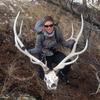







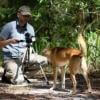





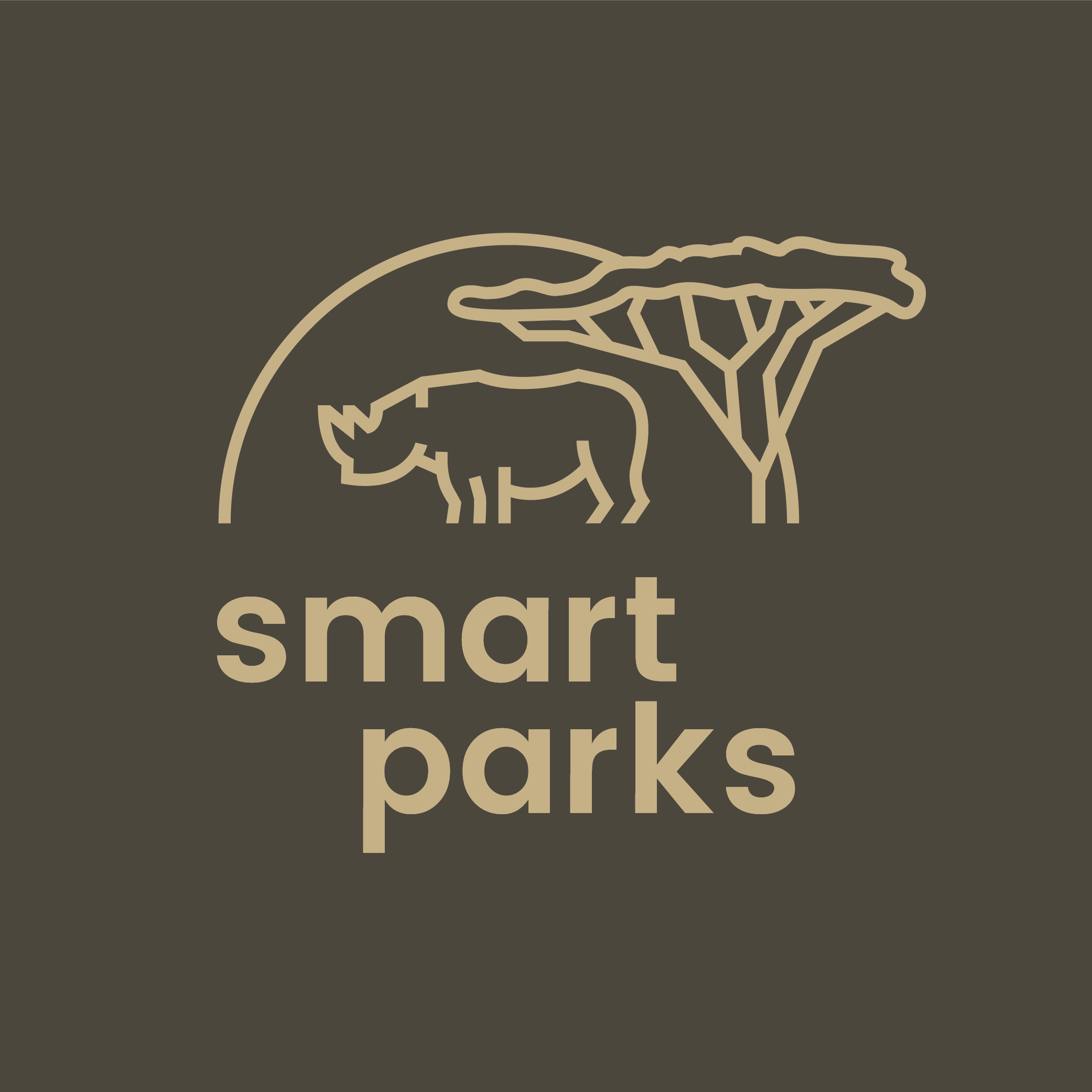

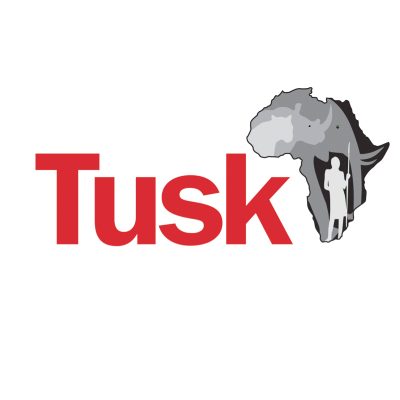

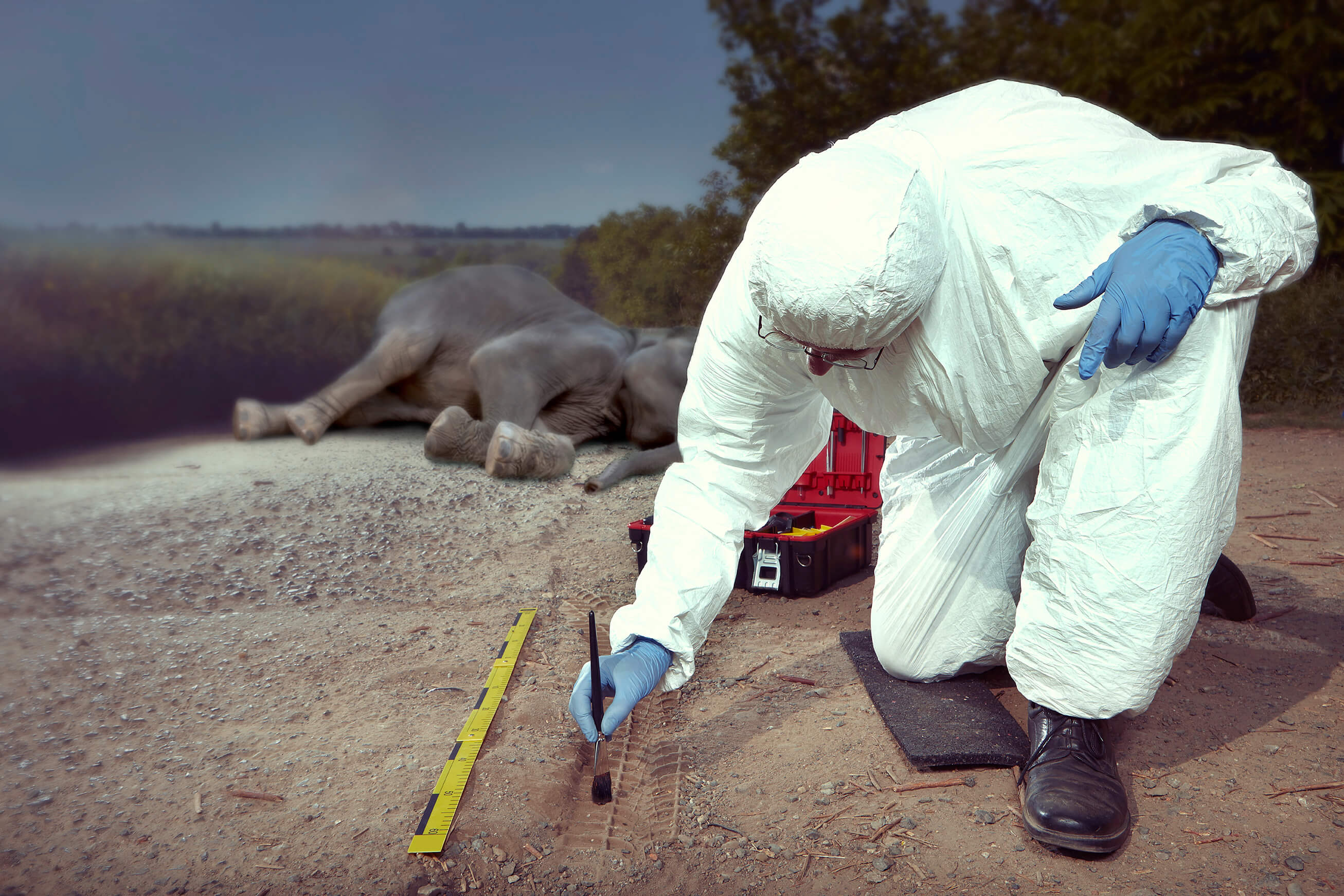


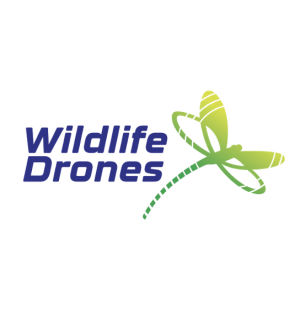


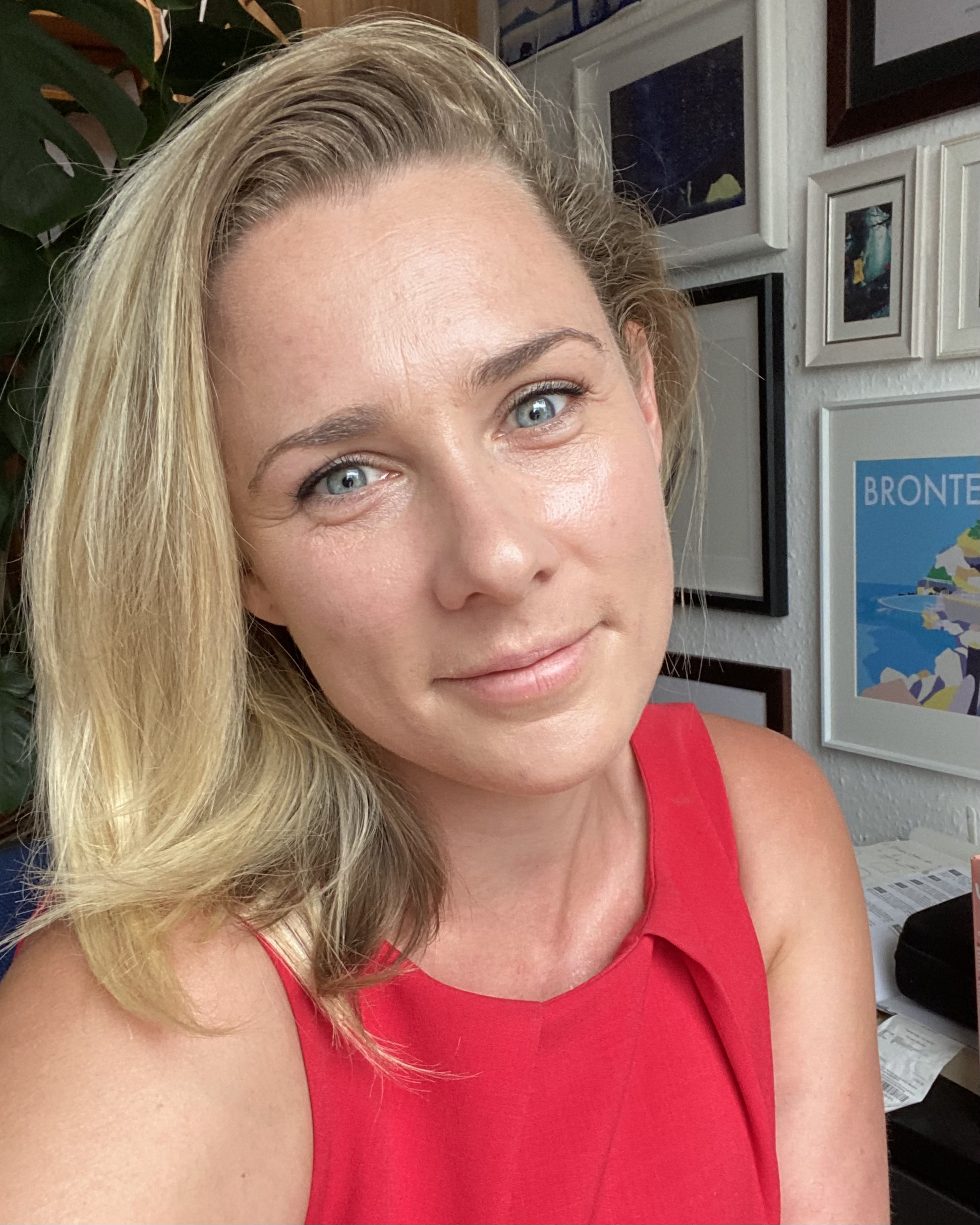










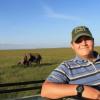
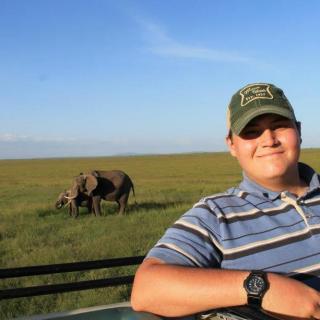










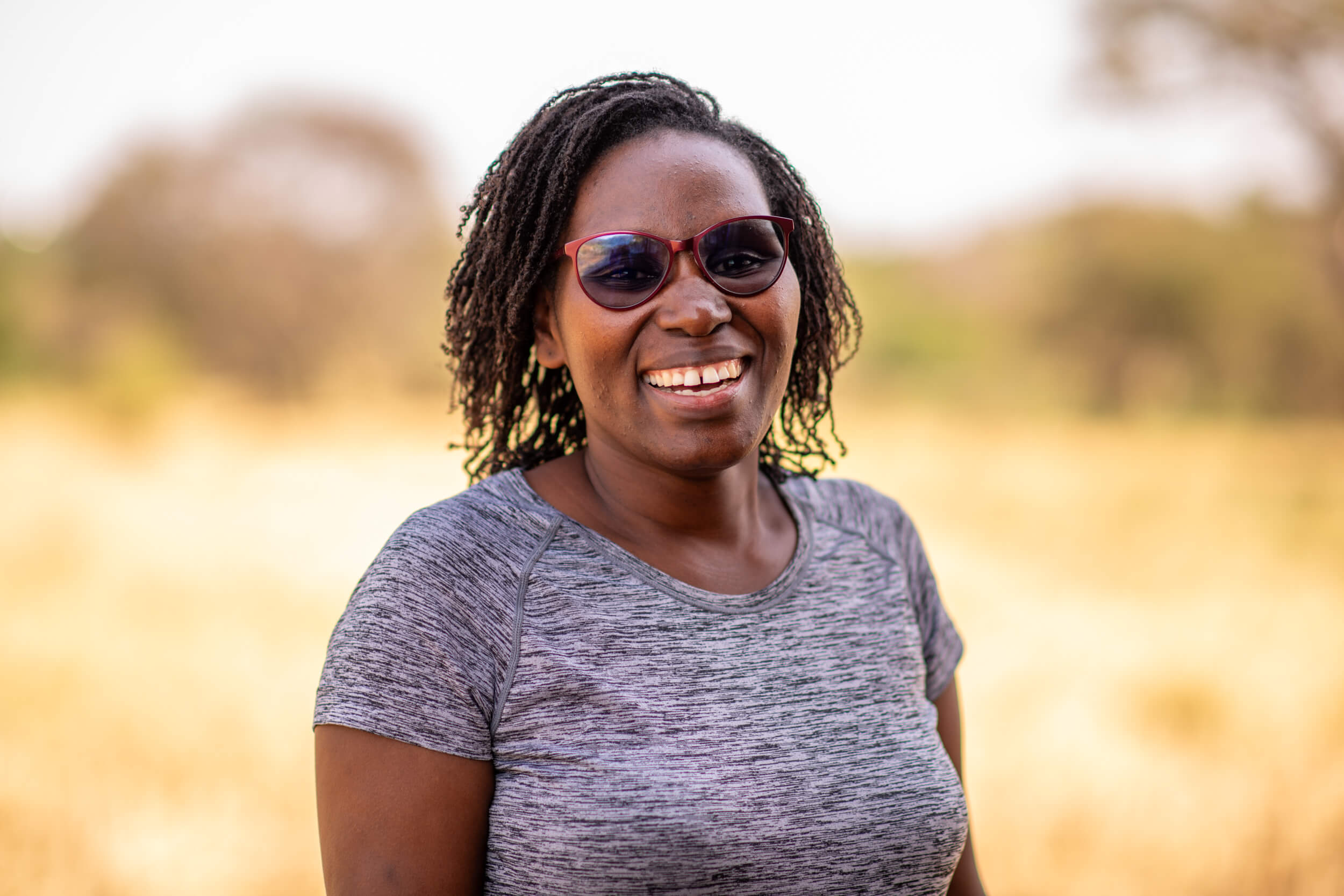

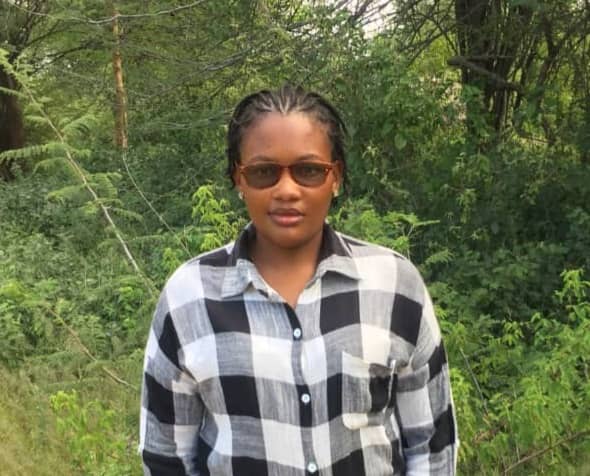











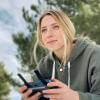

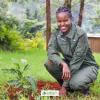


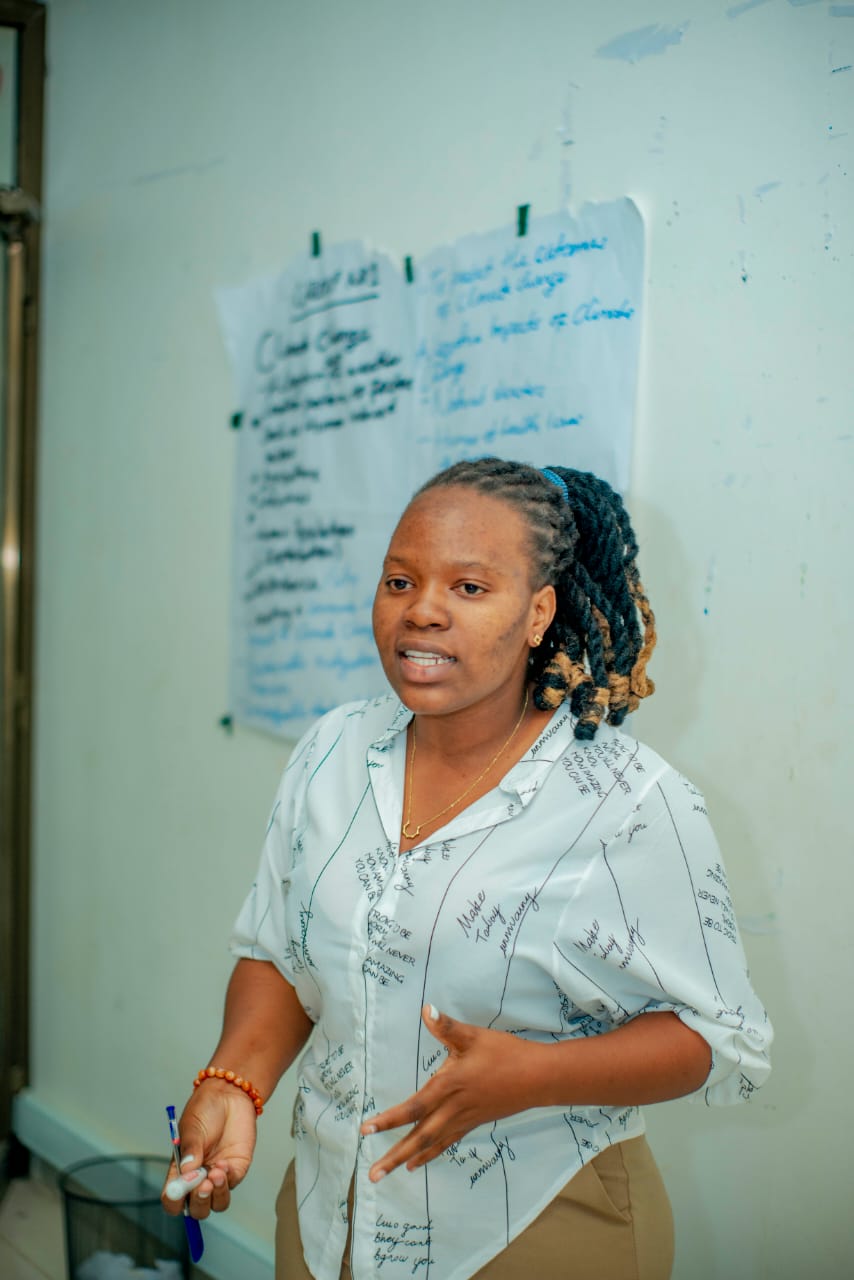
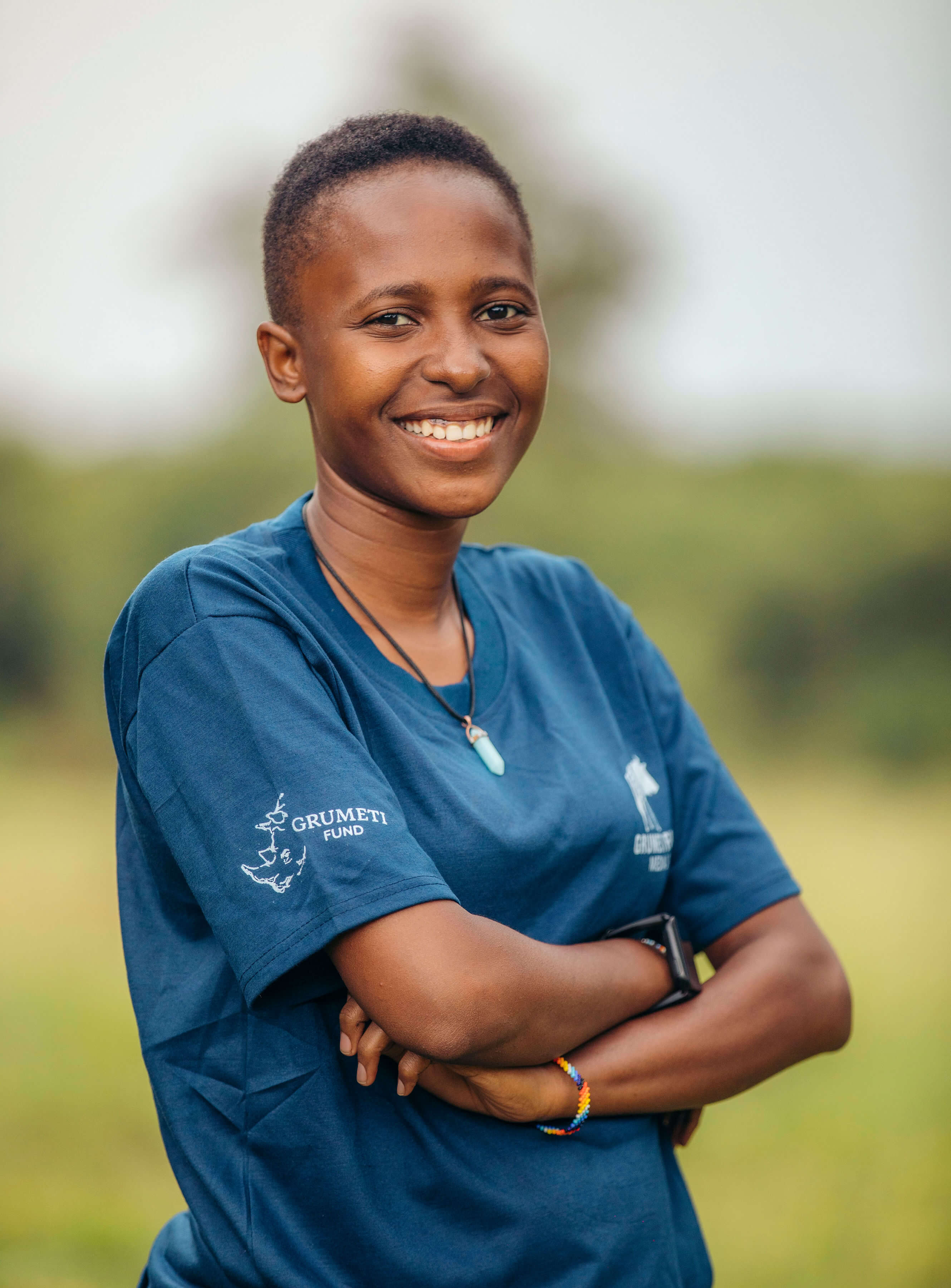








24 April 2024 2:27pm
Thank you Robyn. Sure I will send more information to your email